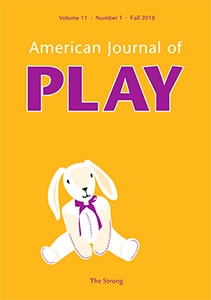Liberating Human Expression: Work and Play or Work versus Play
Critiquing and expanding Huizinga’s theory of play in Homo Ludens, the author argues for play as a means to access what is real and introduces a new model of play he calls the containment play expression (CPE) to challenge traditional notions about the opposition between play and work. This model, he contends, bridges this gap between phenomenological and Marxian perspectives that view both play and work as accomplishments within a capitalist economic and political context. He then applies his new unitary model of play to computer games and discusses how players negotiate their relationships online in massively multiplayer online role-playing games (MMORPGs). Keywords: alienation; containment play expression; digital games; human expression; play and work; virtual environment





